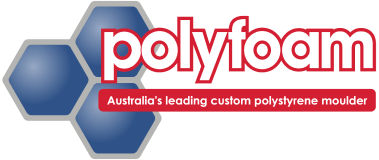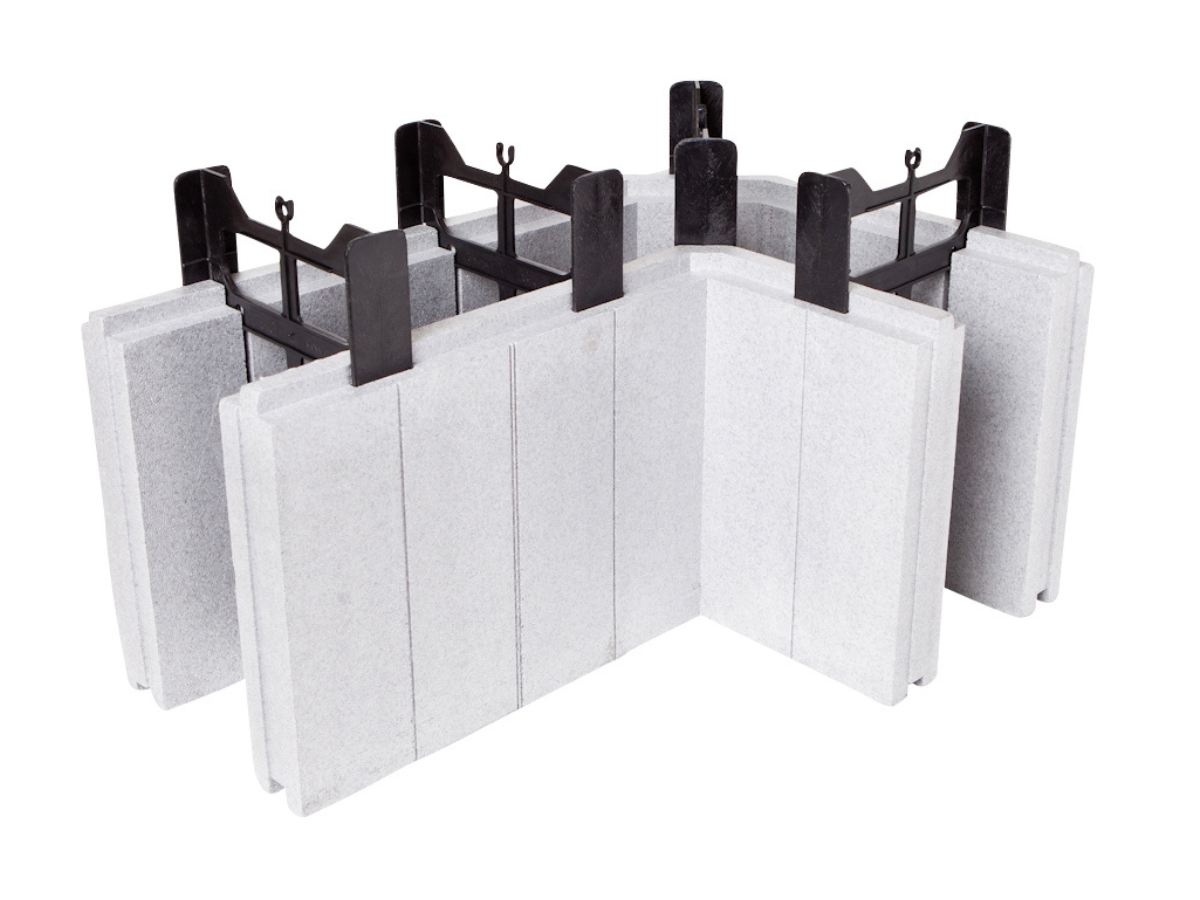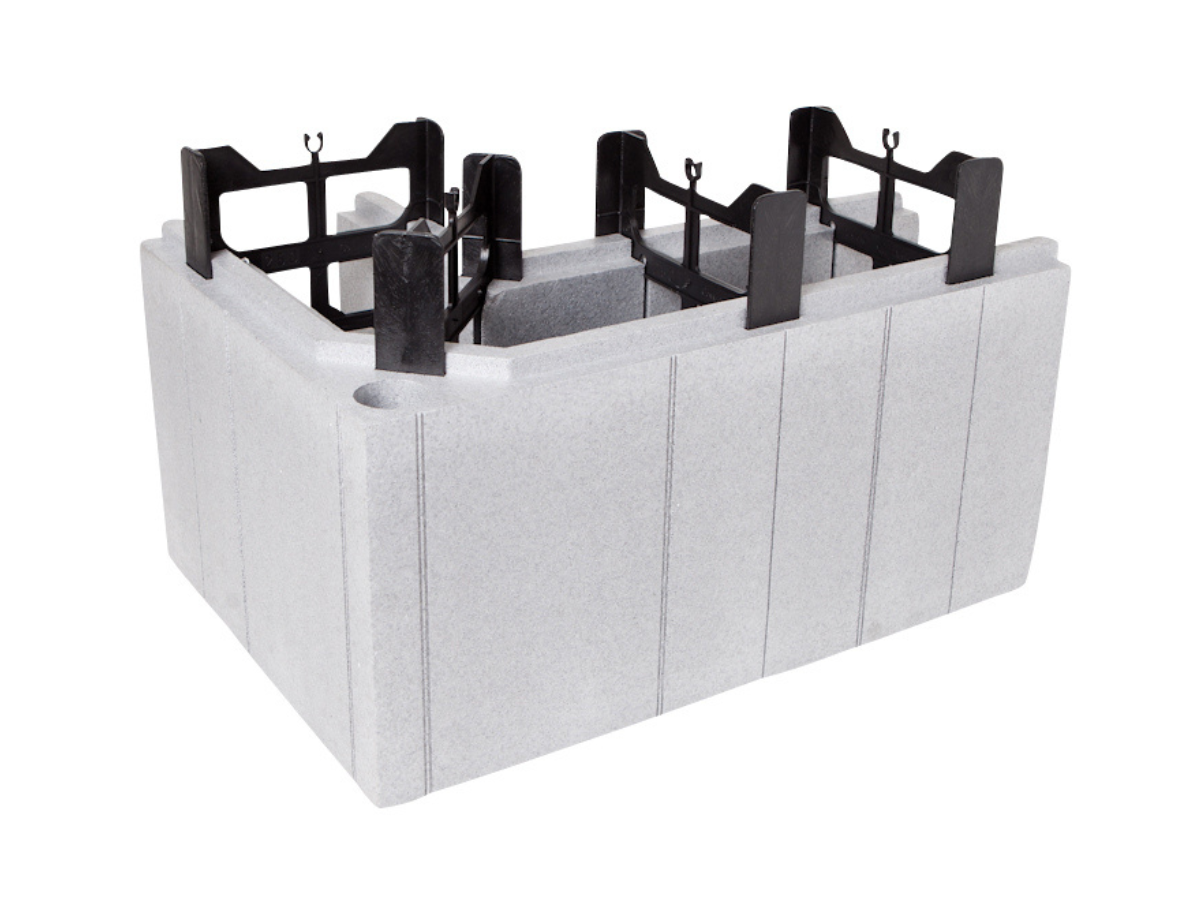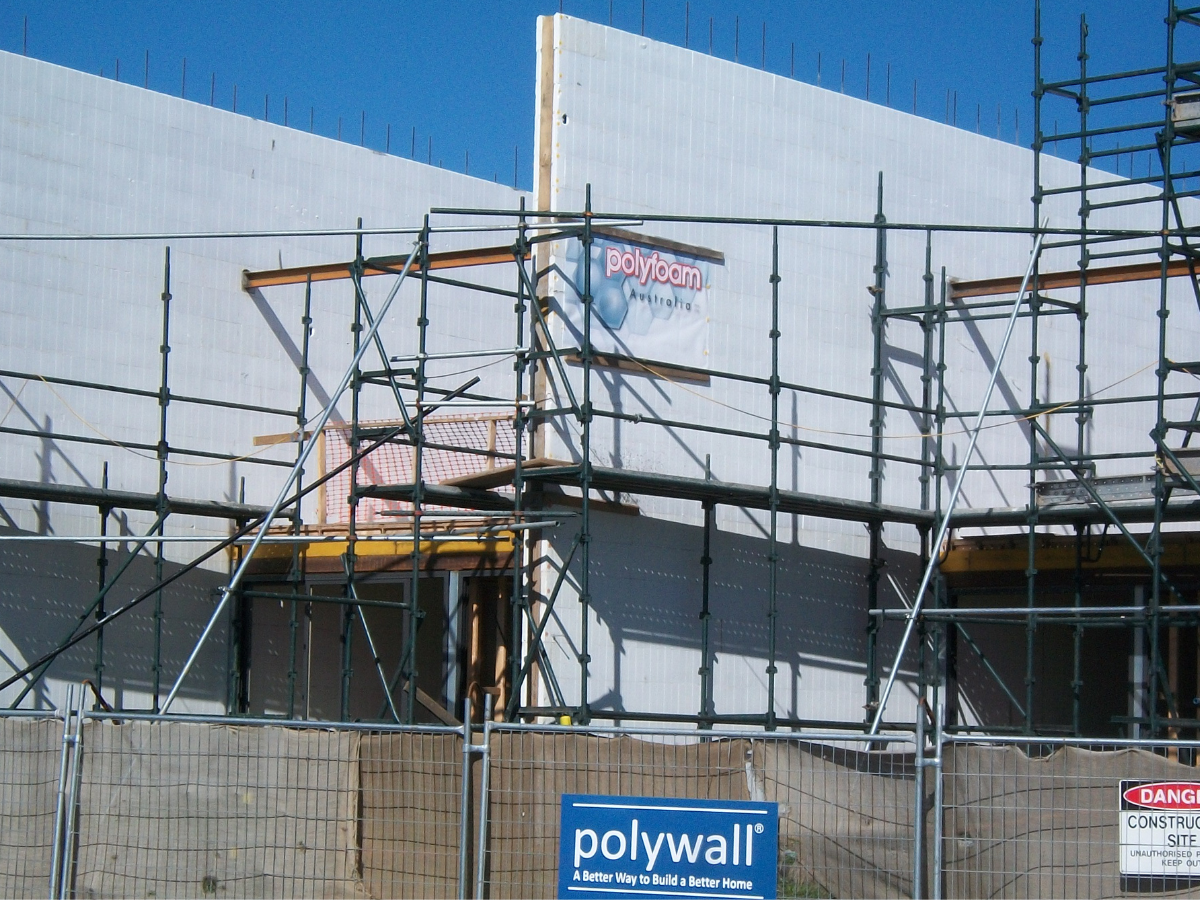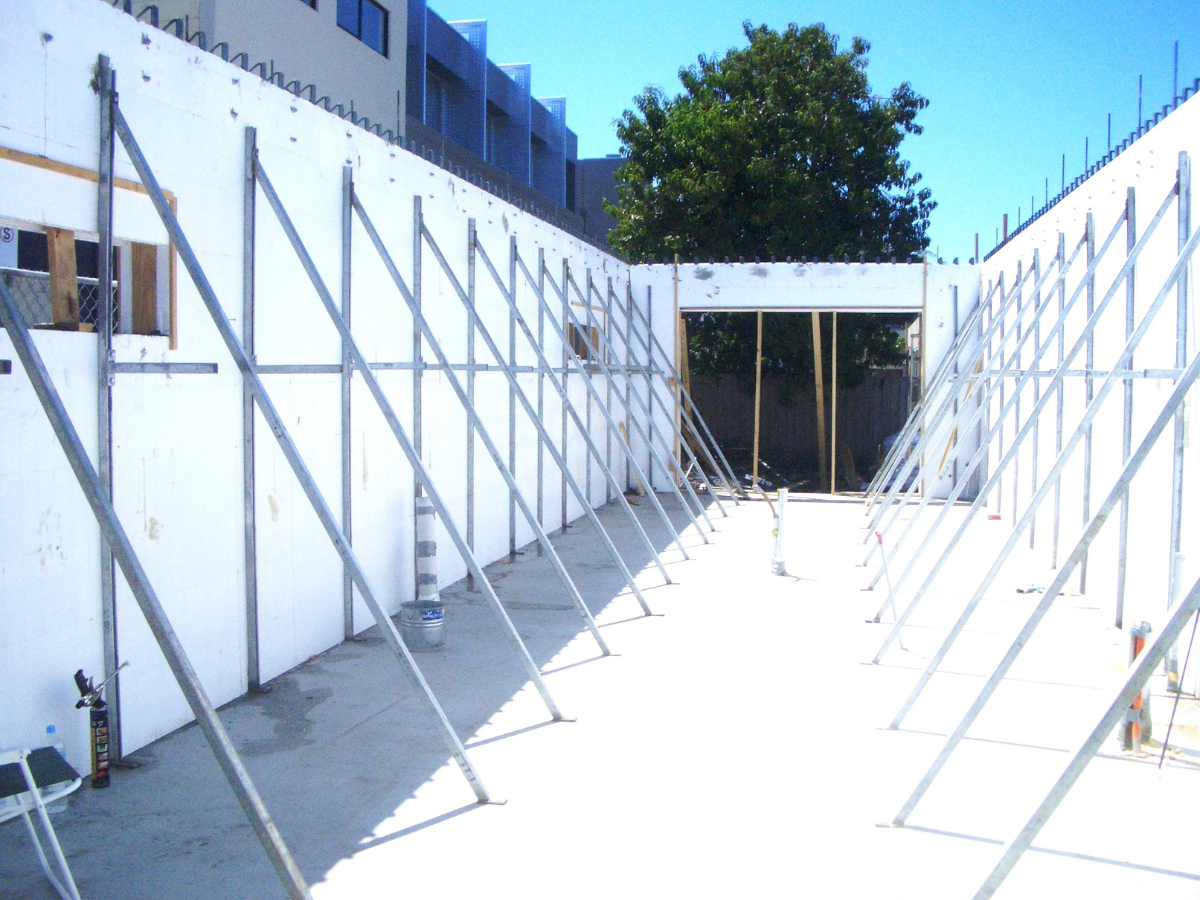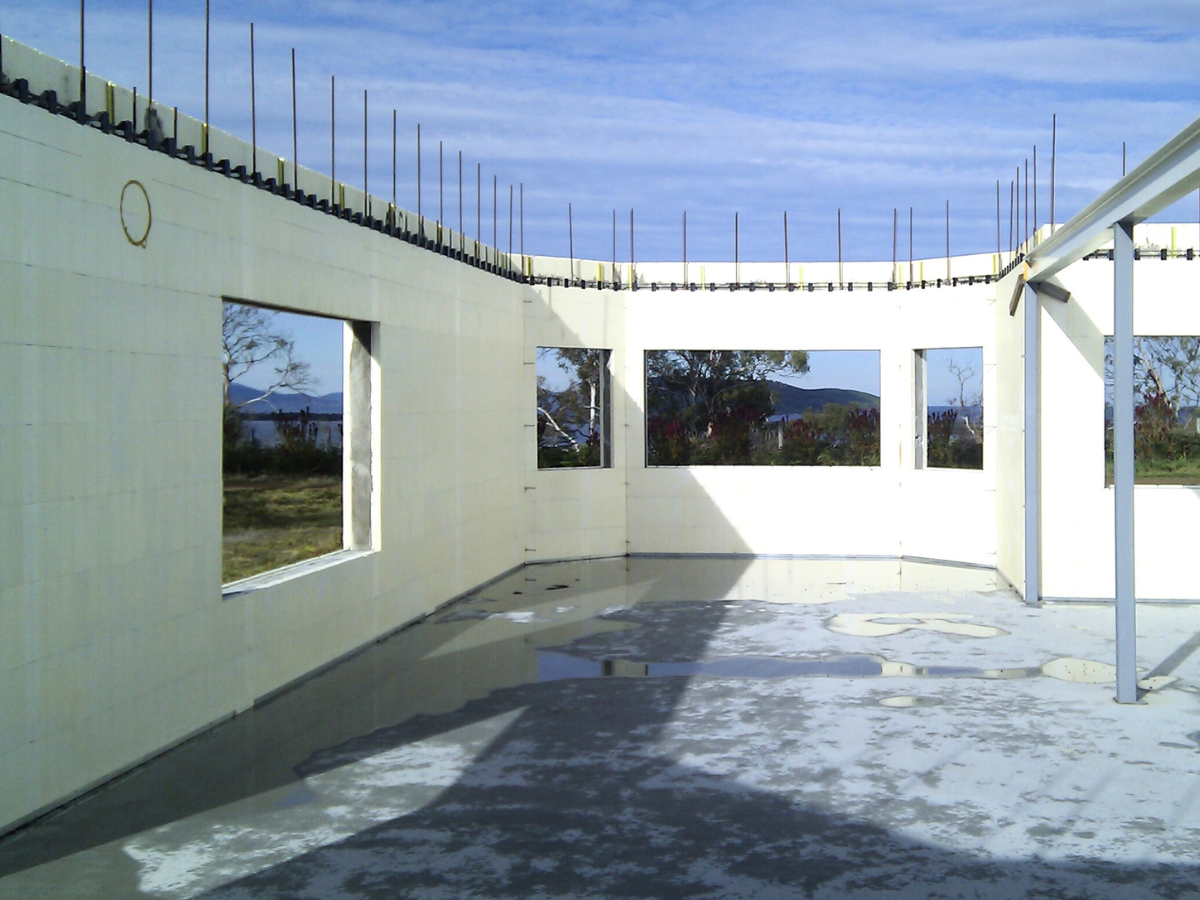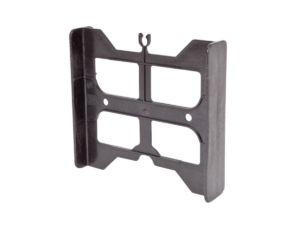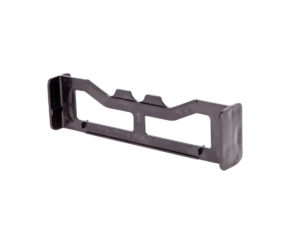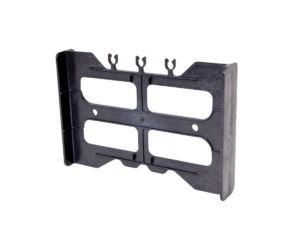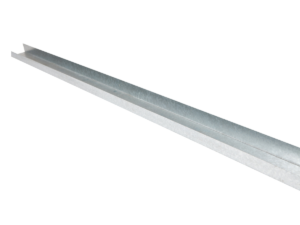Polywall®
Home >> Construction >> Polywall
Construction
Polywall®
Insulated Concrete Forms (ICFs) represent a pivotal innovation in the construction landscape of Australia, marking over thirty years of progress towards more efficient, sustainable, and versatile building practices. Polywall® is developed with the expertise of companies like Polyfoam for reputable companies like Thermacell ICF Systems Aust P/L and Insulbrick Australia. ICFs have transformed the way structures ranging from multi-level homes to swimming pools are built, combining economic viability with environmental stewardship.
Polywall® sets itself apart as the premier choice for Insulated Concrete Form (ICF) systems, thanks to its exceptional design and construction benefits. Polywall®’s innovative use of expanded polystyrene panels and reinforced concrete provides superior thermal efficiency, sound insulation, and fire resistance, making it an economically and environmentally friendly option for a wide range of construction projects.
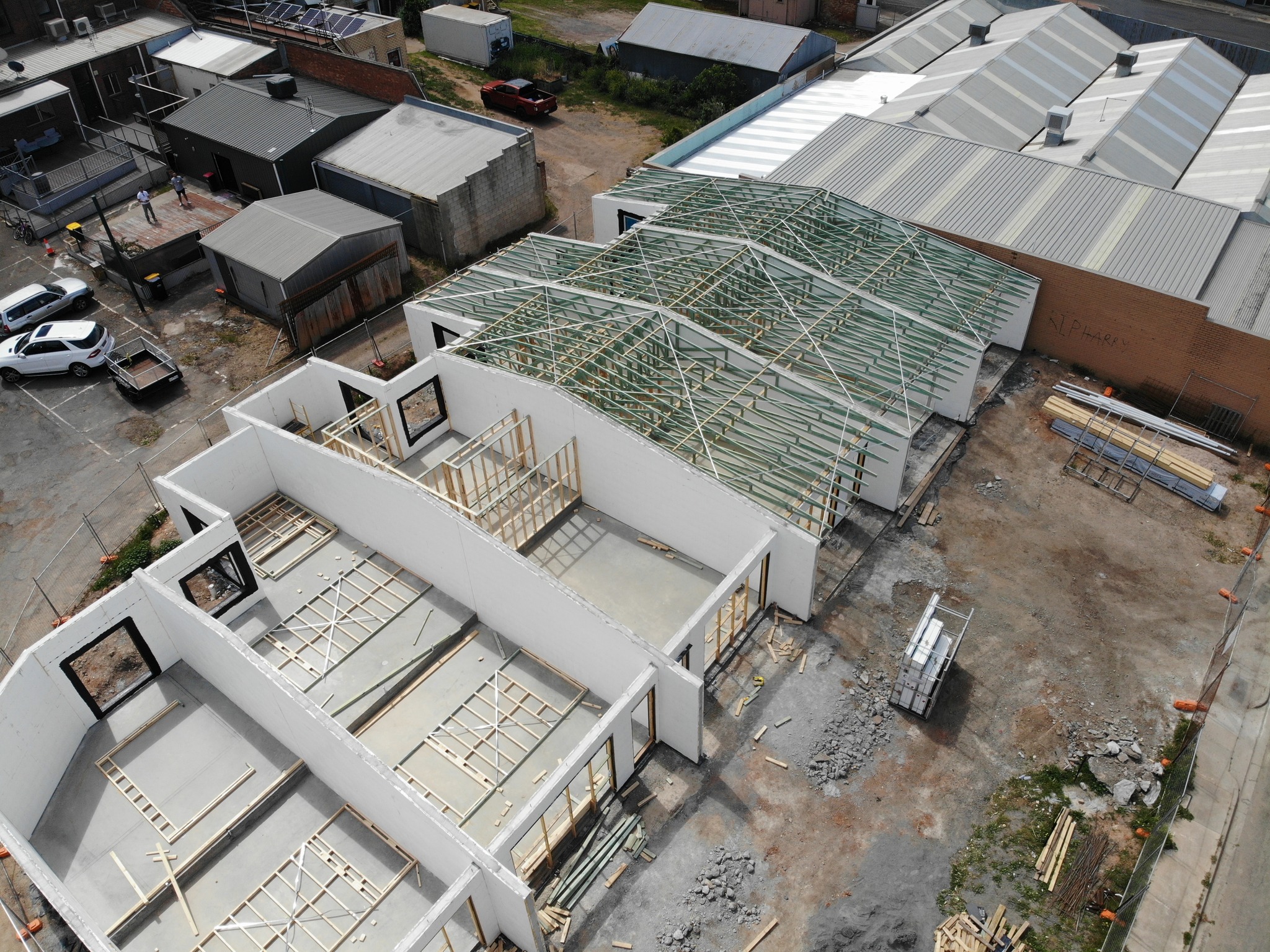
How Insulated Concrete Forms (ICFs) Work
ICFs are essentially sophisticated building blocks made from expanded polystyrene foam, designed to be assembled easily on a solid foundation. These blocks, which resemble oversized toy blocks, are hollow and incorporate internal plastic ties for added structural support and secure placement of metal rebar.
The construction process involves stacking the blocks to form walls, integrating any necessary plumbing and electrical conduits, and finally filling the entire assembly with concrete.
The result is a robust, reinforced concrete wall, ready for finishing with cladding or rendering. A unique aspect of ICF construction is the use of Polywall®, a system that allows for concrete to be poured up to 3 meters high in a single go, given the right bracing and pouring techniques are employed.
Key Benefits of ICFs
ICFs stand out as a compelling choice for modern construction, blending the practical benefits of traditional materials with the innovative advantages of contemporary building techniques. This balance of structural integrity, efficiency, and environmental consideration positions ICFs as a forward-thinking solution for today’s construction challenges.
Structural Strength
ICF walls are known for their exceptional durability and resistance to extreme weather, making them ideal for a wide range of construction projects.
High Thermal Efficiency
The combination of concrete and foam insulation provides significant energy savings by maintaining interior temperatures, reducing the need for heating and cooling.
Low Sound Transfer
ICF construction offers superior sound insulation, creating quieter indoor environments by significantly reducing noise penetration through walls.
High Fire Resistance
ICFs are non-combustible, offering enhanced safety in bushfire-prone areas and adding an extra layer of protection to buildings.
Economical
While initial costs may be comparable to traditional construction methods, the long-term savings in energy consumption and maintenance can make ICFs a more cost-effective choice.
Environmentally-friendly
ICFs contribute to a smaller carbon footprint through reduced energy consumption and the use of recyclable materials.
Building the Future with Thermacell
Polywall® FAQ’s
What are Insulated Concrete Forms (ICF)?
Insulated Concrete Forms (ICF) are construction blocks or panels made of expanded polystyrene foam (EPS) or other insulating materials, which are used to form the walls of buildings. They are filled with reinforced concrete to create structures that are strong, energy-efficient, and durable.
How does the Polywall® ICF system work?
The Polywall® ICF system works by assembling expanded polystyrene panels onsite, which are then filled with concrete to create reinforced concrete walls. This can be done up to three meters in height in a single pour with the correct bracing and pouring techniques, making the construction process faster and more efficient.
What makes Polywall® the best choice for ICF construction?
Polywall® is considered the best choice for ICF construction due to its high thermal efficiency, structural strength, low sound transfer, and high fire resistance. These features, combined with its economical and environmentally-friendly benefits, make Polywall® a superior option for building durable and sustainable structures.
Can ICF construction with Polywall® save energy costs?
Yes, ICF construction with Polywall® can significantly save on energy costs. The insulating properties of ICF walls help maintain consistent indoor temperatures, reducing the need for heating and cooling, which in turn lowers energy consumption and costs.
Are ICF buildings with Polywall® fire-resistant?
Yes, ICF buildings constructed with Polywall® offer high fire resistance. The materials used in ICF construction are non-combustible, providing an added layer of protection against fire hazards.
Can ICFs with Polywall® be used for all types of buildings?
ICFs with Polywall® are versatile and can be used for a wide range of building types, including residential homes, commercial buildings, schools, and even swimming pools. Their strength and insulation properties make them suitable for various construction projects.
How does building with ICF and Polywall® impact the environment?
Building with ICF and Polywall® has a positive impact on the environment. The energy efficiency of ICF buildings reduces greenhouse gas emissions, and Polywall®’s materials are designed to be environmentally friendly, contributing to sustainable construction practices.
What are the challenges of ICF construction?
While ICF construction offers many benefits, challenges include the initial learning curve for builders unfamiliar with ICF systems, and the need for careful planning and execution to ensure proper alignment and structural integrity. However, these challenges can be easily overcome with proper training and experience.
